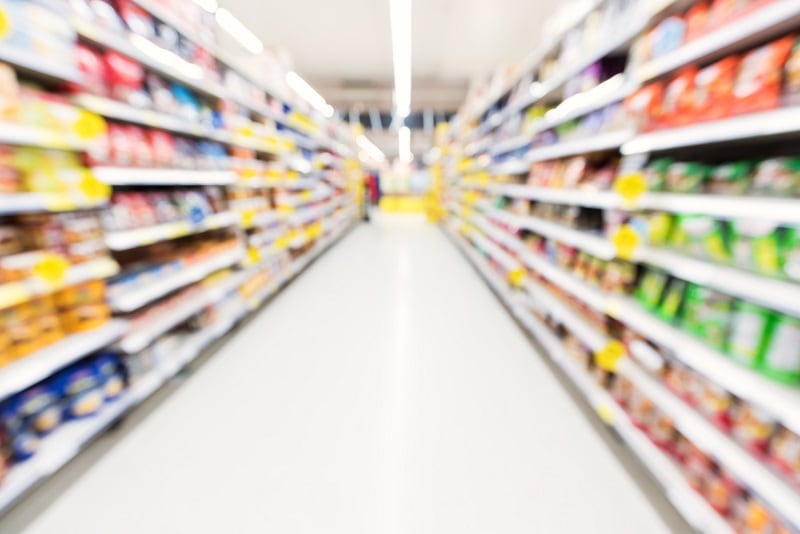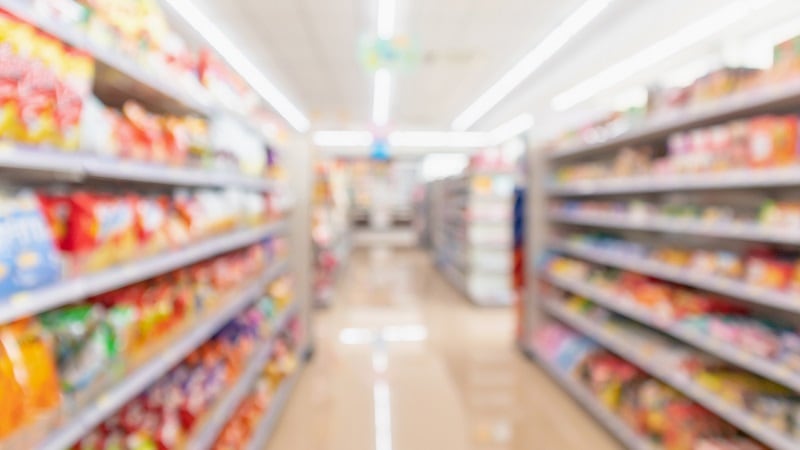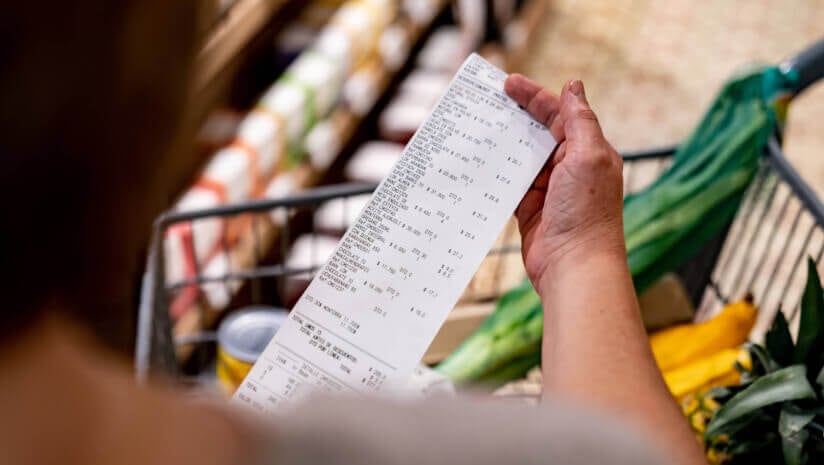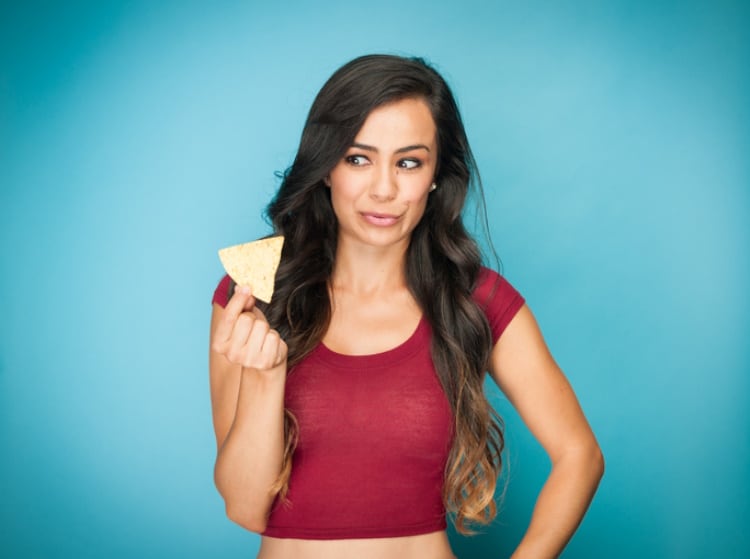PepsiCo ended the fiscal year 2024 with further declines in its snack business with five back-to-back quarters of volume losses as the CPG giant tees up expansion in away-from-home occasions with the help of recent acquisitions.
Frito-Lay North America volumes declined 3% in Q4 2024 over the same period last year — higher than the 1.5% year-over-year volume decline in Q3 2024 — according to financial results for PepsiCo’s Q4 2024 and full year, ending Dec. 28. Volume dipped 2.5% for the year compared to fiscal 2023.
PepsiCo outlined how the company plans to turn around its slumping North American business in prepared remarks that accompanied the financial results and an investor call with PepsiCo CEO and Chairman Ramon Laguarta.
“The consumer programs and the commercial programs for next year look very strong, addressing innovation spaces that have been unmet at this point,” elaborated Laguarta. “Away-from-home is a big opportunity in our food business, we have more of our business in beverages away from home, but for foods is an underdeveloped opportunity.”
Beverage Daily dives deeper into PepsiCo's beverage earnings
Looking for more insight into PepsiCo’s Q4 and full-year results? Visit Beverage Daily for insight into how PepsiCo faired in its beverage business. Visit Beverage Daily for its coverage here .
Can M&A lift PepsiCo out of its snacking rut?
To spur its snacking business, PepsiCo acquired several better-for-you food brands at the end of 2024.
Last month, PepsiCo closed its acquisition of Austin co-op Siete Foods in a deal worth $1.2 billion to expand its multicultural and better-for-you portfolio. The company followed up the Siete Foods acquisition by snapping up the other half of hummus brands Sabra and Obela from former co-manufacturing partner Israeli food manufacturer Strauss Group.
These acquisitions bolster PepsiCo’s better-for-you portfolio and allow the company to meet consumers in away-from-home channels, Laguarta explained on an investor call.
“We are dialing up the opportunity to have our products available away from home, but not only in the form of a conventional bag of our snacks but also more elevated experiences in form of ready-to-eat solutions or mini-meal solutions. That is why the acquisitions of Siete and Sabra feed our strategy as they give us not only better-for-you snacks but also the option to participate in meals and mini-meals in a much more intentional way,” Laguarta elaborated.
A three-pronged approach for 2025 to rebuild snack business
Also, PepsiCo outlined a three-pronged approach to reversing the downward trends in its North American business, which include:
- Consumer-centricity: PepsiCo will refresh product lines with new flavors and textures and relaunch brands, like Simply branded Frito-Lay products, with new packaging and flavors. Additionally, the company plans to grow the presence of its multicultural product portfolio, including Natu Chip, Marias and Sabritas.
- Convenience and value: PepsiCo will make “surgical, disciplined investments to deliver good value by sub-category, brand, channel and package” and will offer a diverse range of portion-controlled options, the company stated.
- Broadening PepsiCo’s presence: PepsiCo plans to capitalize on social dining moments and recipes that put PepsiCo products closer to the center of the place, including activations like the Doritos After Dark restaurant and Tostitos Cantinas Food Trucks.
PepsiCo will use productivity initiatives, including managing operating costs, prioritizing consumer engagement activity and maximizing its direct store delivery system, to further improve its snack business.
PepsiCo stock dropped roughly 4.5% on the day of the earnings, closing at $143.49 per share, as investors were skeptical about the turnaround plan.





